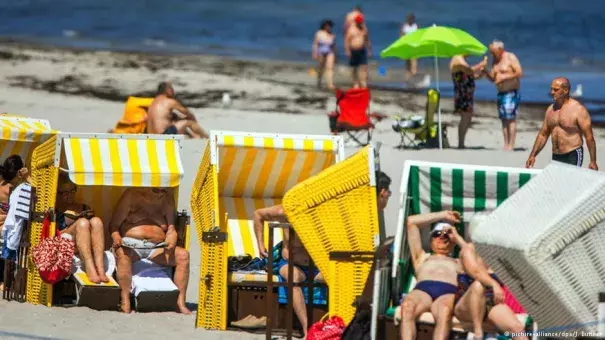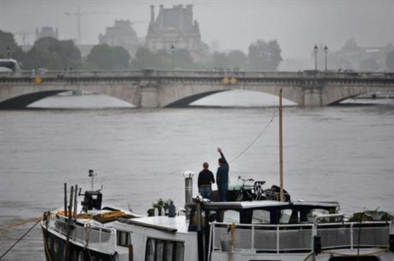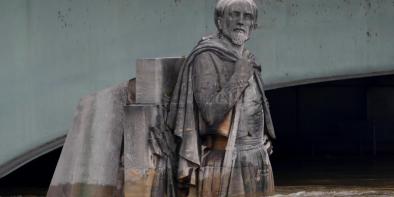Climate change is making our summers more extreme

Scientists with research program World Weather Attribution (WWA) analyzed the heavy rain and flooding in France and Germany in May to investigate the likelihood of whether climate change contributed to it.
Robert Vautard, a senior scientist with France's Laboratory for Climate and Environment Sciences and Institut Pierre-Simon Laplace who was involved in the research, said: "We know that global warming leads to more downpours in general - but with this attribution analysis, we found we could tie global warming directly to the recent rainstorms in France that triggered so much flooding and destruction."
Although the results were inconclusive about climate change's link to the floods in Germany, Maarten van Aalst - director of the Red Cross/Red Crescent Climate Centre - said: "These latest lethal floods in Europe illustrate the rising impact of extreme weather events, including on developed and well-prepared countries like Germany and France."
The study is one of the latest in a growing number associating climate change more directly with extreme weather, suggesting that a previous hesitation over linking the two is waning...
For Kerry Emanuel, a professor of meteorology at the Massachusetts Institute of Technology, the switch to looking at the probability of climate change affecting a particular weather event is a correct one.
"We cannot and should not say that a particular heat wave was caused by global warming," he told DW. But we can say that the probability of such an event is different today than in the pre-industrial era, he added
Related Content




